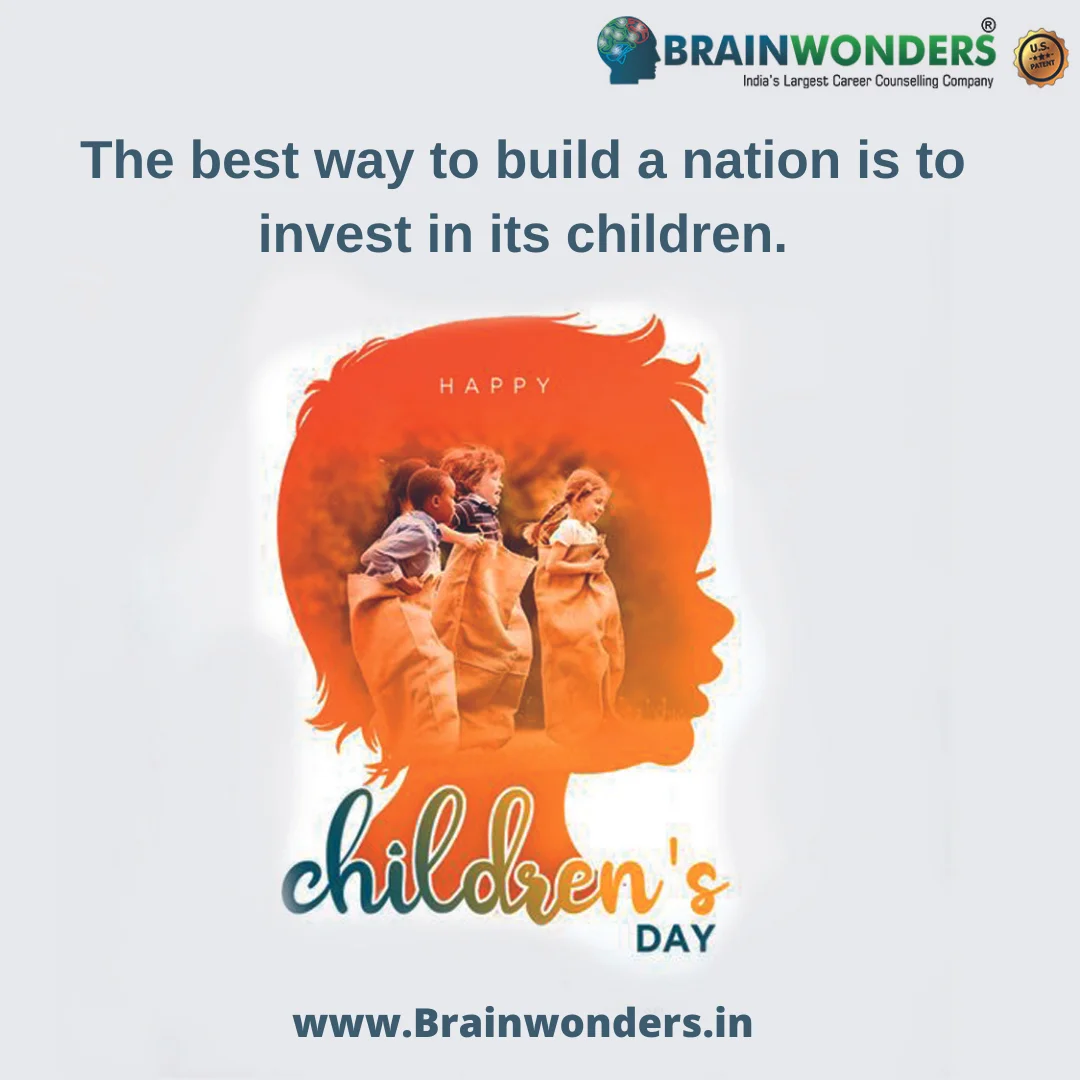

Let the best team of psychologists and career counsellors help you achieve your dream career!
Get expert guidance about your abilities, industries, and best ranked career options for you
Blog
01 January,2023 | By Brainwonders
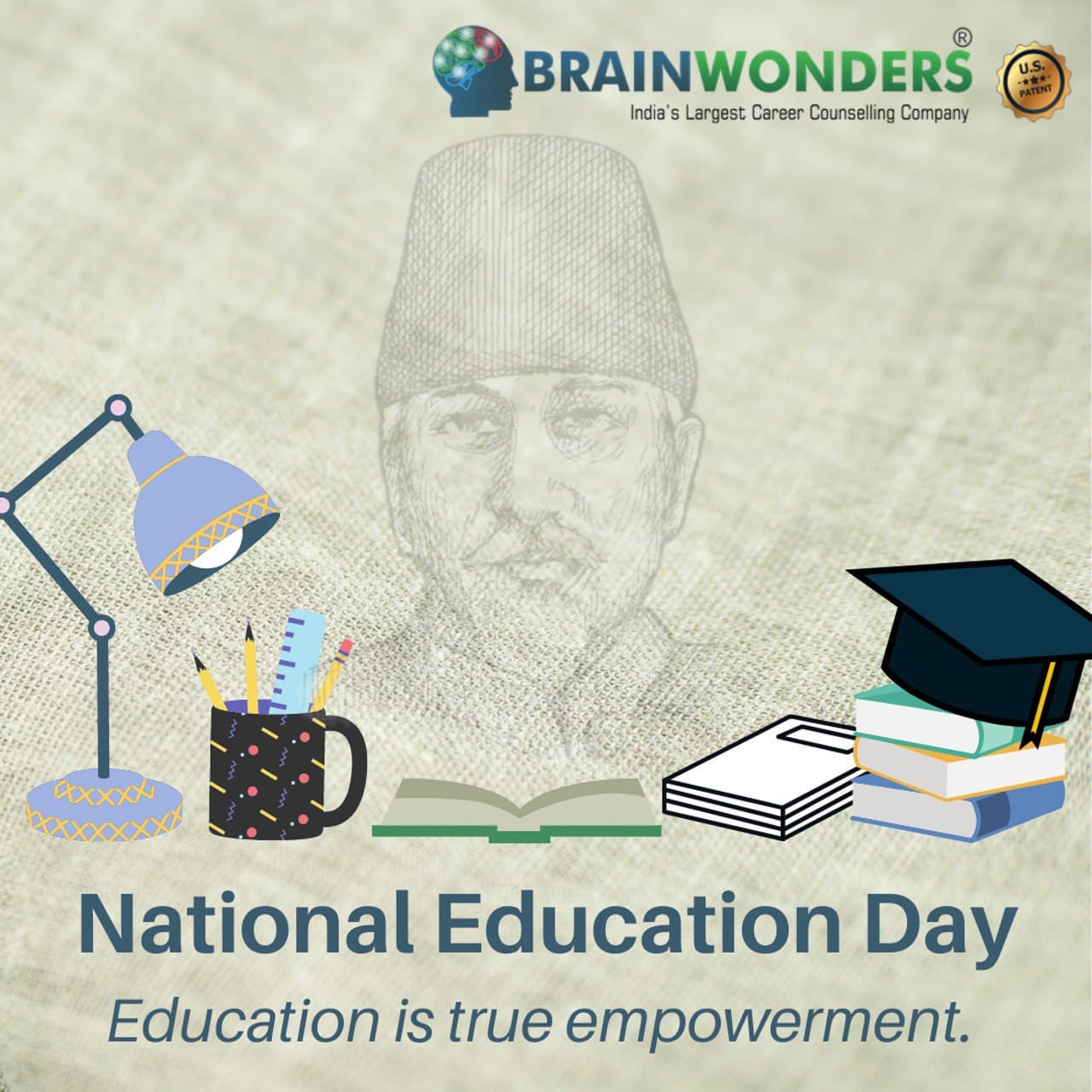
November 11, 2023, marks the 13th National Education Day of Independent India. Since 2008, November 11 has been commemorated as National Education Day to honour the birth anniversary of independent India's first education minister, Maulana Abul Kalam Azad. He has made significant contributions to education, nationalism, and institutional development. He is India's prominent educational architect. Azad believed that schools are laboratories where the country's future people are created. He is the brains behind the Indian Institutes of Technology (IITs) and other educational institutes. Prime Minister Narendra Modi paid homage to India's first education minister, saying, "His contribution to the liberation movement as a trailblazing thinker and scholar is inspirational. He cared much about education and sought to promote fraternity in society."
Maulana Azad was born in Mecca, Saudi Arabia, on November 11, 1888, and died in New Delhi on February 22, 1958. He was a freedom fighter, journalist, and reformer who believed in the importance of education in the development of a nation. In 1912, he founded the weekly journal "Al-Hilal" to criticise the British government's policies as well as the challenges that Indians faced at the time. In 1923 and 1940, he was elected President of Congress as a leader of the Indian National Congress. During his presidency, several initiatives were implemented to strengthen and promote elementary and secondary education. He also concentrated on scientific education, establishing several colleges and promoting educational opportunities. He also prioritised scientific education, establishing multiple universities and promoting research and higher education opportunities. In India, he campaigned for free education and composed numerous Urdu poetry. In 1992, he was awarded the Bharat Ratna, India's highest civilian honour.
But, in India, what does education imply? India has prospered economically in the 74 years since its independence, but has it advanced in education? Let's see if we can find out the answers to these questions.
India is frequently referred to be one of the world's oldest countries, with a long history of cultural and intellectual activities. According to scholars, India's educational history dates back over 5000 years. Only the Brahmins, the highest caste, were traditionally taught to read and write. In other words, traditional Hindu schooling exclusively met the demands of boys from Brahmin households. Under the Moguls, education was equally aristocratic, favouring the wealthy over those from lower castes. These aristocratic attitudes were especially encouraged during British colonial control.
Charles Wood, the Company's Chairman of the Board of Control at the time, granted a charter in 1854 which came to be known as Woods Dispatch of 1854. The Wood's Despatch is claimed to have provided the groundwork for India's current educational system.
India inherited an educational system with significant educational gaps between men and women, high and lower classes, and urban and rural populations when it gained independence in 1947. The adoption of the Indian Constitution in 1950, which established comprehensive educational principles for the country, was the first prominent milestone in the growth of education in independent India.
Recommended Read: What Should A Fresher's Career Objective Be?
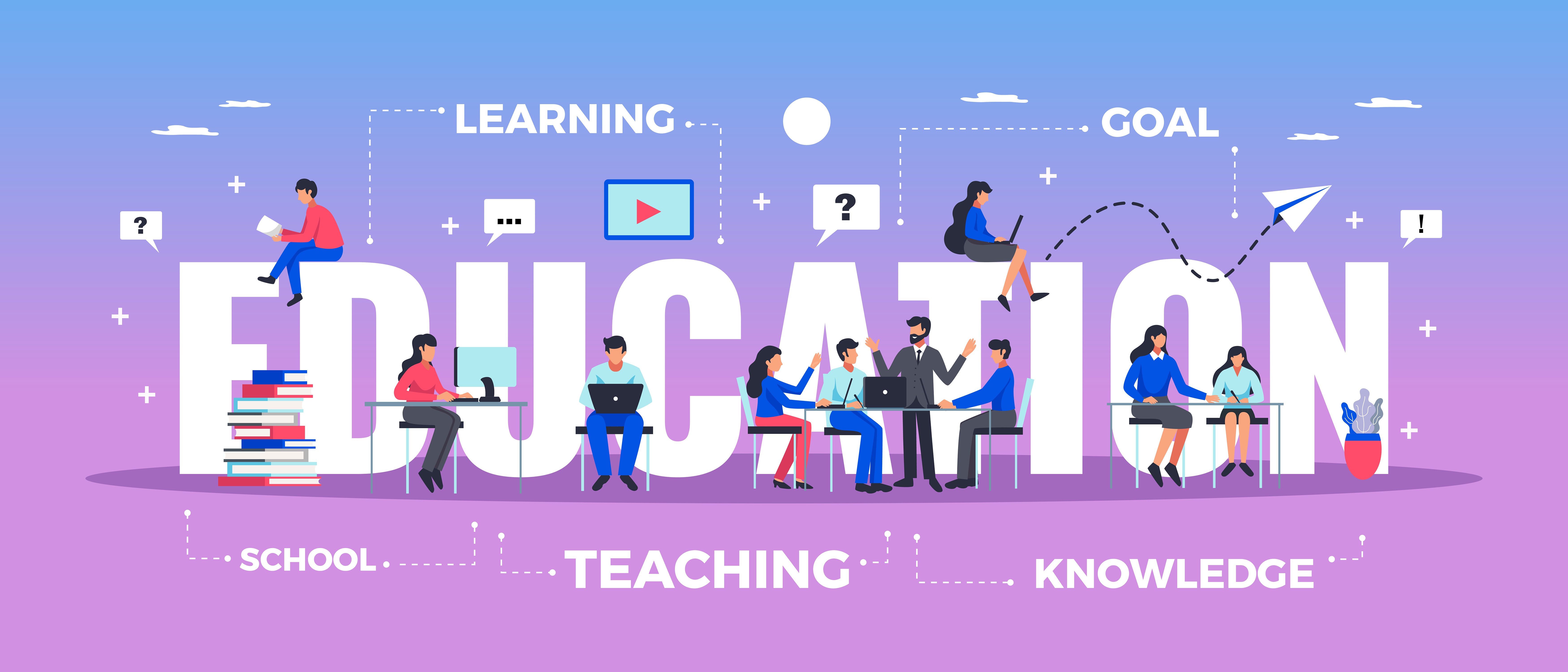
India has managed to bring its education system up to global standards after overcoming widespread illiteracy. In the 70 years since our independence, we have achieved immense development in the field of education. In 1947, the educational landscape was vastly different than it is now. With more colleges and educational institutions, India has gone a long way in terms of total literacy. The literacy rate in 2001 was 64.8 per cent, but by 2011 it had risen to 73 per cent. In 1951, it was a pitiful 18.33 per cent. India's higher education system is now the world's largest, with over 70 million students enrolled in less than two decades.
The policy statement of 1968, which was a sequel to the Report of the Education Commission (1964-1966), widely known as the Dr D. S. Kothari Commission, was one of the most crucial policy declarations. The Kothari Commission was established to provide a comprehensive education strategy for India, to increase production, strengthen social and national unity, consolidate democracy, modernise the country, and instil social, moral, and spiritual values. The National Education Policy of 1968, unveiled by Prime Minister Rajiv Gandhi, was established in line with the recommendations of this panel.
The NEP promoted educational opportunities to all segments of society to achieve the objective of harmony and integration. The importance of Hindi as a medium of education in schools has been emphasised. Furthermore, the government established commissions to examine the evolution of education in the modern era, specifically since independence and established that Indian education requires a radical transformation, almost a revolution, to achieve constitutional goals and address the various issues that the country faces.
Article 21-A of the Indian Constitution was added in 2002 by the Constitution (Eighty-sixth Amendment) Act, making it a Fundamental Right to provide free and compulsory education to all children aged six to fourteen years in a manner that the State may designate by legislation. The RTE Act and Article 21-A went into force on April 1, 2010. 'Compulsory education' imposes a legal requirement on the competent government and local authorities to offer and ensure that all children aged 6 to 14 be admitted to, attend, and complete primary school. With this, India has progressed to a rights-based framework, imposing a legal duty on the central and state governments to execute this essential child right, as established in Article 21A of the Constitution, in line with the RTE Act's requirements.

After independence, all of these policy approaches yielded positive outcomes in areas like enrolment, education spending, literacy rate growth, and education universalization, among others. It's worth noting that the country today has over 1.5 million schools with over 260 million students enrolled, as well as 751 universities and 35,539 colleges, compared to a pitiful condition in 1947 when we only had 19 institutions and 400 colleges. There were just 5000 secondary schools in India in 1947. It's also worth noting that between 1951 and 1980, the number of elementary schools expanded by more than 230 per cent.
In 2001, the government started the Sarva Shiksha Abhiyan to guarantee that children aged 6 to 14 years receive an education. Before then, it had implemented a successful programme called the Sponsored District Education Program, which increased the number of schools across the country. In 1995, the government began implementing the mid-day meals programme to encourage children to attend school, particularly in rural regions.
Within 30 years, India saw an absolute growth of 105000 (88 per cent) schools, and by 2011, the overall number of such schools had risen to 447600, an increase of 329000 schools. Since independence, education spending has increased on many occasions. According to official statistics given by the HRD Ministry, education spending by education and other departments was just Rs. 64.46 crores in 1951-52, or 0.64 per cent of GDP, and climbed to a total of over Rs. 4,65000 crore in 2013-14, or 4.13 per cent of GDP. Due to the execution of the New Education Policy 1986, which gave maximal opportunities, India had the highest literacy growth rate of 15.52 per cent in 1991.
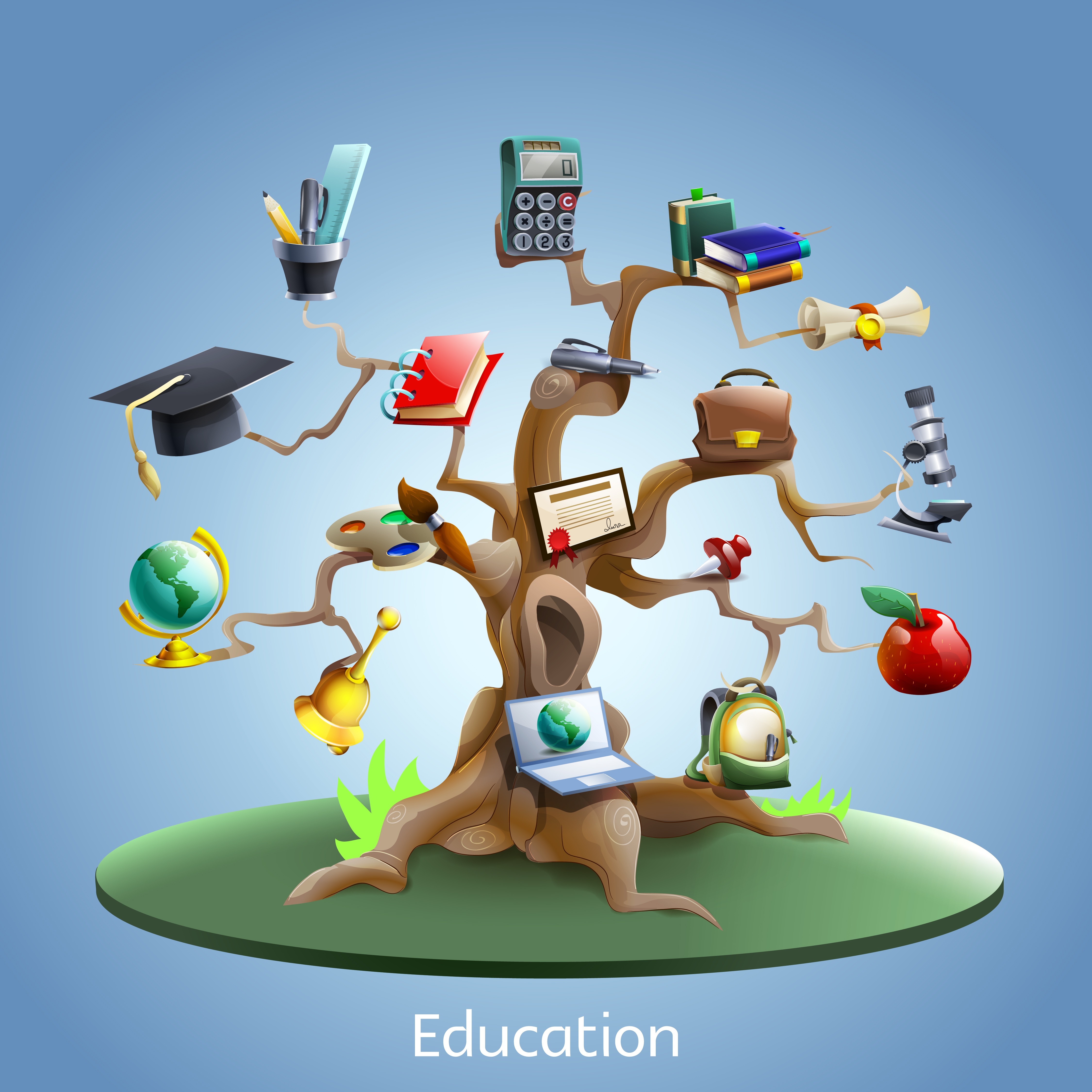
With each new day, India expands. We're growing more global, tech-savvy, and cost-conscious. The educational sector has grown in tandem with the economy. Not just in terms of numbers, but also in terms of practical awareness, people are becoming increasingly conscious of the importance of education in today's world. Parents today want to provide their children with the greatest education possible. With each passing day, the education business becomes stronger.
With the growth of education, the industry comes an increase in the number of unique career possibilities. Those days are long gone in India when there were just a few limited career opportunities that everyone aspired to and encouraged others to pursue. As you may know, some of the most popular examples include "Doctor," "Engineer," "Civil Services," and "any Government Jobs." The previous job lays the path for prospects. Machines and automation have spread across the globe. While engineering and medical continue to flourish, there are numerous job alternatives in India that are distinctive, new, and in great demand, such as digital marketing and social media management.
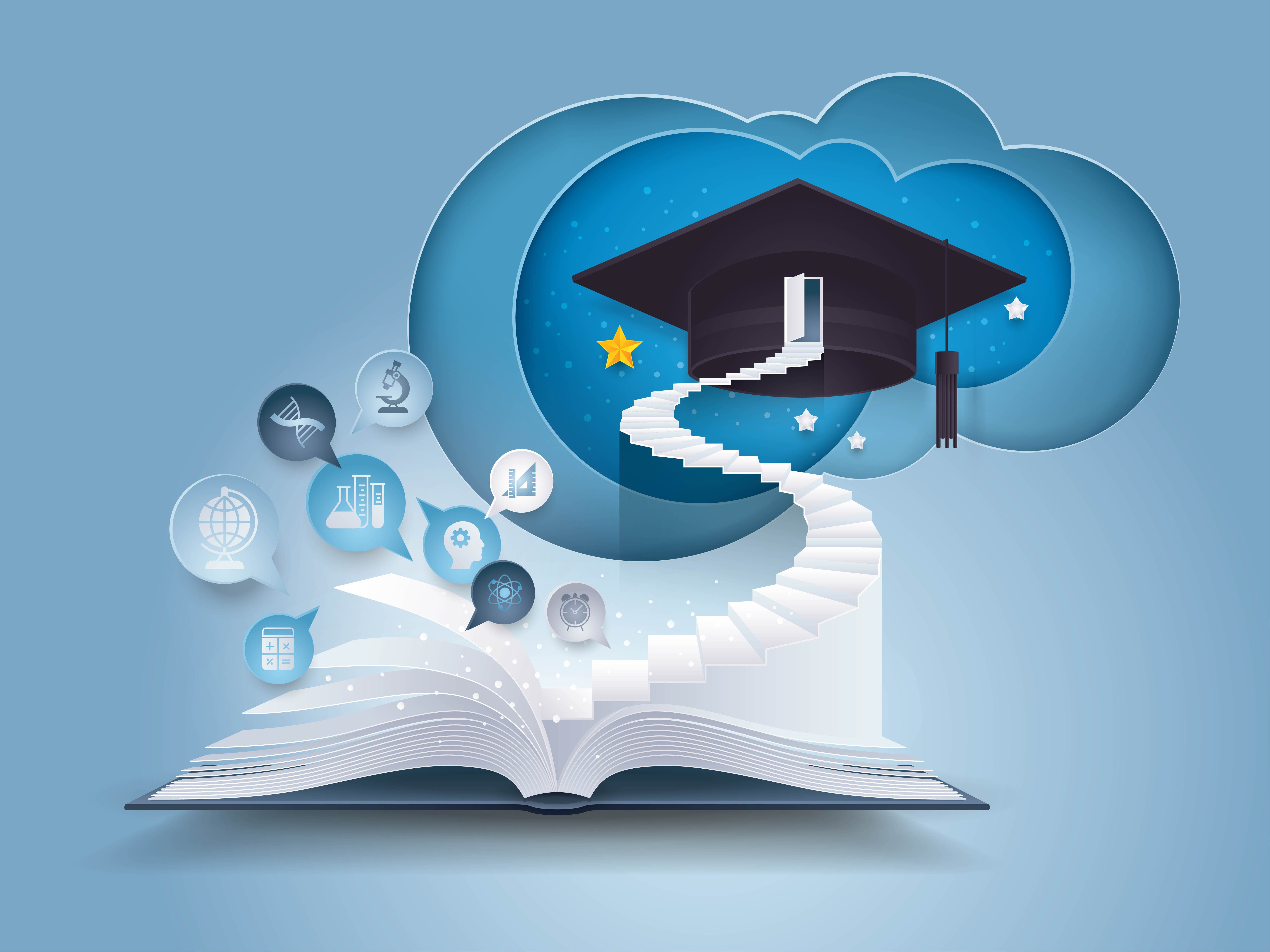
Selecting a career used to be simple since there were fewer possibilities available. As your alternatives expand, so does your confusion. Information is readily available at the fingertips of the next Gen Z generations thanks to the internet. This aspect makes deciding on a career much more difficult. Although parents strive to provide their children with the best education possible, a good education is useless if they are not successful and happy in their careers. As a result, the government encourages students to seek job advice. PM Narendra Modi opened India's largest job platform, the National Career Counselling Portal, for job searchers on July 20, 2015.
Career counselling is a type of counselling that focuses on assisting people in determining the best career path for them. Professional counsellors help people define their career objectives after carefully examining their interests and aptitudes.
Parents are strongly encouraged to seek vocational counselling for their children. The value of skilled education has grown as the world has become more advanced. Even if they don't have a wonderful degree from a prestigious college, someone who is hardworking and skilled has a better chance of succeeding. Nowadays, individuals are more concerned with having a good life than with making a lot of money. Sports, dancing, and acting have all grown in popularity. As a result, when it comes to picking the correct job route, career counselling is essential.
On this national Education Day, let us hope that we will continue to advance further and more in the years to come. Since the country's independence 70 years ago, education has been ripening in a continuous stream that folds its previous history into a breathing stream, rolling through the present and into the future.
Let the best team of psychologists and career counsellors help you achieve your dream career!

